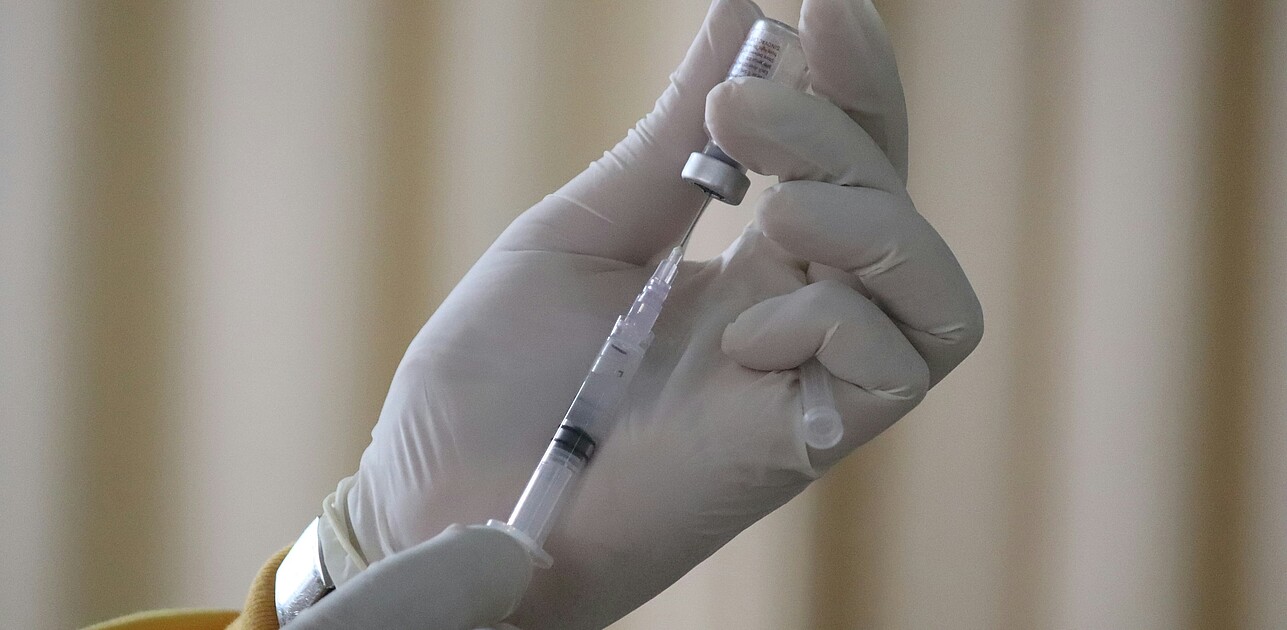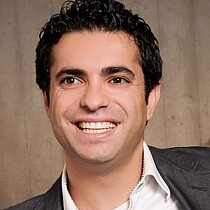

Article: Wednesday, 24 July 2024
Dr. Birgul Arslan writes about the indisputable power of collective action in science and the large-scale partnerships that helped defeat Covid-19 – a global priority in 2020. But do these partnerships come at a price?
Millions of people are still alive and well today thanks to effective Covid-19 vaccines developed by the pharmaceutical companies, universities, and governments that banded together to develop them. Earlier group efforts to develop vaccines have had similar outcomes – for example the accelerated development programme in 2014 that resulted in a vaccine against Ebola, a lethal and highly contagious virus.
Following the success with the Covid vaccines, policymakers and companies have taken another look at the advantages of joint efforts for tackling time-sensitive innovation challenges. After all, these collaborations have been very successful, so wouldn’t humanity – and industry – be better off if we pooled our collective resources more often?
At the moment, it looks as if the answer is a resounding ‘yes’ for partnership participants. But is this always the case?
To find out, Prof. Murat Tarakci and I first studied the research response to the 2014 Ebola outbreak; our findings were published in an open access paper called Negative Spillovers Across Partnerships for Responsible Innovation: Evidence from the 2014 Ebola Outbreak in the Journal of Management Studies in 2020.
This Ebola outbreak killed up to 90 per cent of the people who caught it, and we found that the urgency of this deadly threat dramatically increased the number of partnerships focused on drug development. These partnerships developed drugs significantly faster than the average pace of development in the period before the outbreak.
The seriousness and urgency of the outbreak made it much easier for partners to align their efforts, and obtain resources, than before the epidemic.
However, we also noted a definite trade-off between the progress made against Ebola and progress made by other partnerships against other viruses. Even as researchers gained ground against Ebola, progress against the influenza virus faltered. In the same year that resources flooded in to the partnerships formed for developing treatments against Ebola, the number of drug development partnerships working on influenza dropped. Their speed of progress stalled, too.
We expected to see a similar dynamic after the rush to develop Covid-19 vaccines and treatments, and we did.
In the same year that governments, universities, and businesses poured enormous resources into developing drugs and vaccines against Covid-19, the New York Times noted that ‘... nearly all other research has ground to a halt’. It was all hands on deck to fight Covid-19. Everything else would have to wait.
But this time, events progressed differently. While some research did take a hit during the Covid-19 pandemic, it’s bouncing back in ways that may also catapult other research ahead. For instance, BioNTech and Pfizer are now working on an mRNA-based influenza vaccine that promises to be dramatically more effective than the 40 per cent efficacy achieved by conventional flu vaccines in the 2019-2020 flu season. Research is also underway to develop more effective treatments against malaria, tuberculosis, HIV, and cancer.
Two of the three Covid vaccines to first win approval, from BioNTech (Pfizer) and Moderna, were developed using a new mRNA technology. This technology, which had spent a long time on the drawing board, suddenly gained legitimacy in the eyes of many research gatekeepers, including investors, grant providers, and regulators. Unlike the Ebola research, which yielded few spin-offs, the success of the mRNA vaccines has opened a range of possibilities for new treatments for other viruses and conditions.
So while the Covid-19 rush for innovation came at a price in the beginning, the long-term consequences now seem brighter.
What can be learnt from Ebola and Covid-19 pandemic responses, the researchers have these main takeaways:
The urgency of health crises like Ebola and Covid-19 significantly speeds up drug development when large-scale partnerships are formed, aligning resources and efforts efficiently.
Focusing on urgent health threats can divert resources from other important research areas.
The pandemic fostered a highly collaborative environment and strong regulatory support which accelerated medical innovation. Similar models could benefit other research and technology fields.
For individual companies, the lessons to be drawn from Ebola in 2014 and Covid in 2020 are the same: joining such moonshot projects is not only the right thing to do, it tends to be the smart thing as well. Participating firms gain from the positive atmosphere of interorganisational collaboration and the remarkably supportive attitude of drug regulators and other stakeholders during the crisis.
This has certainly been true during the Covid-19 pandemic. As BioNTech founders Ugur Sahin and Özlem Türeci noted in a special issue of The Economist in 2021: “The pandemic has forced people to work better together. Recently initiated projects have seen a high degree of co-operation between institutions such as the World Health Organisation, international regulatory authorities and funding organisations, supported by experts who have been researching the pathogens of interest for more than 30 years.”
The circumstances of the Covid-19 pandemic were so dramatic that BioNTech and Pfizer announced their drug development partnership without even finalising the financial terms of their agreement – unheard of in any complex, large-scale business deal.
So the effect of the pandemic has been not only to force the pace of innovation in medical science, but also to force the pace of evolution in collaborations and partnerships.



Science Communication and Media Officer
Rotterdam School of Management, Erasmus University (RSM) is one of Europe’s top-ranked business schools. RSM provides ground-breaking research and education furthering excellence in all aspects of management and is based in the international port city of Rotterdam – a vital nexus of business, logistics and trade. RSM’s primary focus is on developing business leaders with international careers who can become a force for positive change by carrying their innovative mindset into a sustainable future. Our first-class range of bachelor, master, MBA, PhD and executive programmes encourage them to become to become critical, creative, caring and collaborative thinkers and doers.
